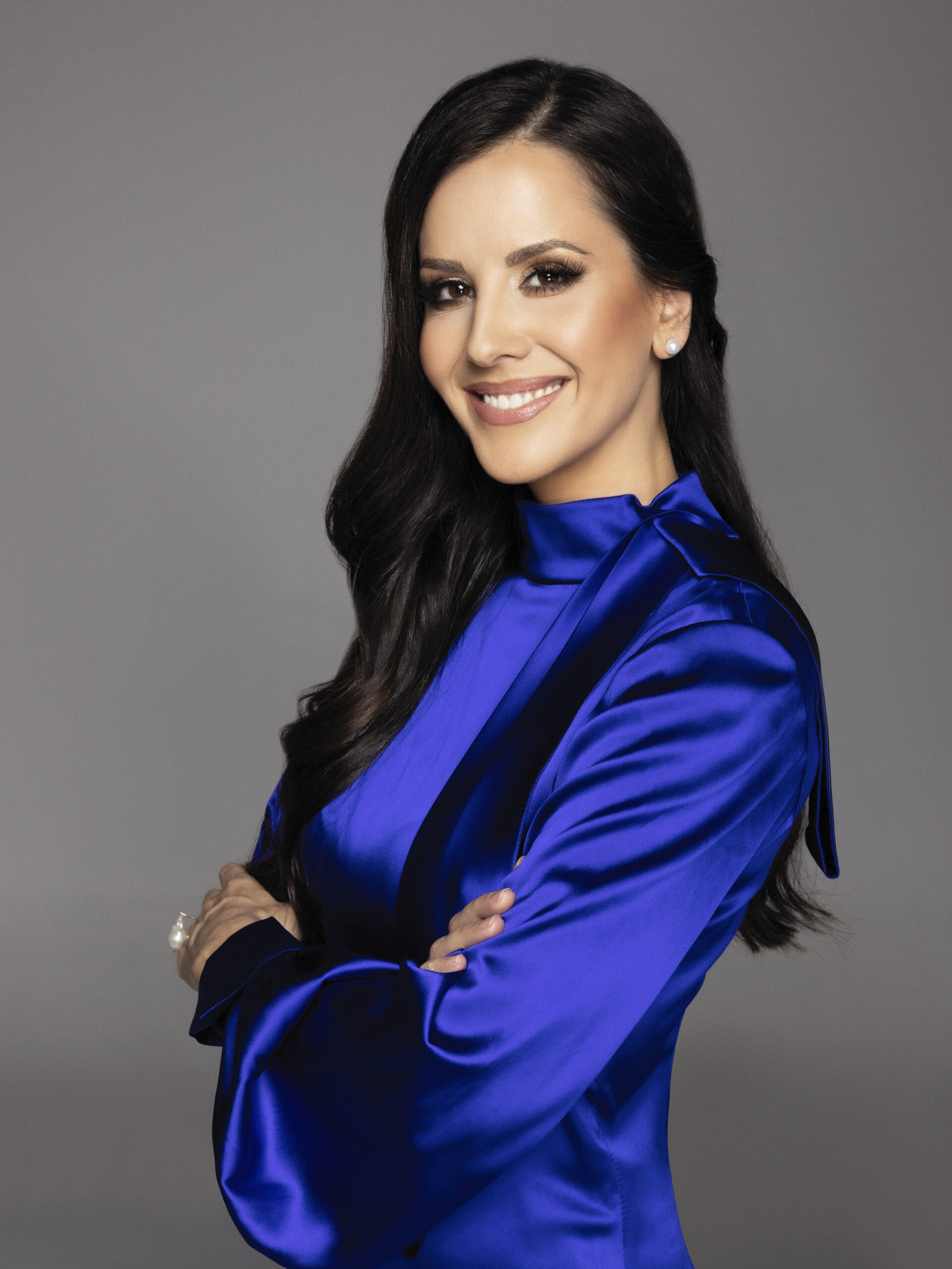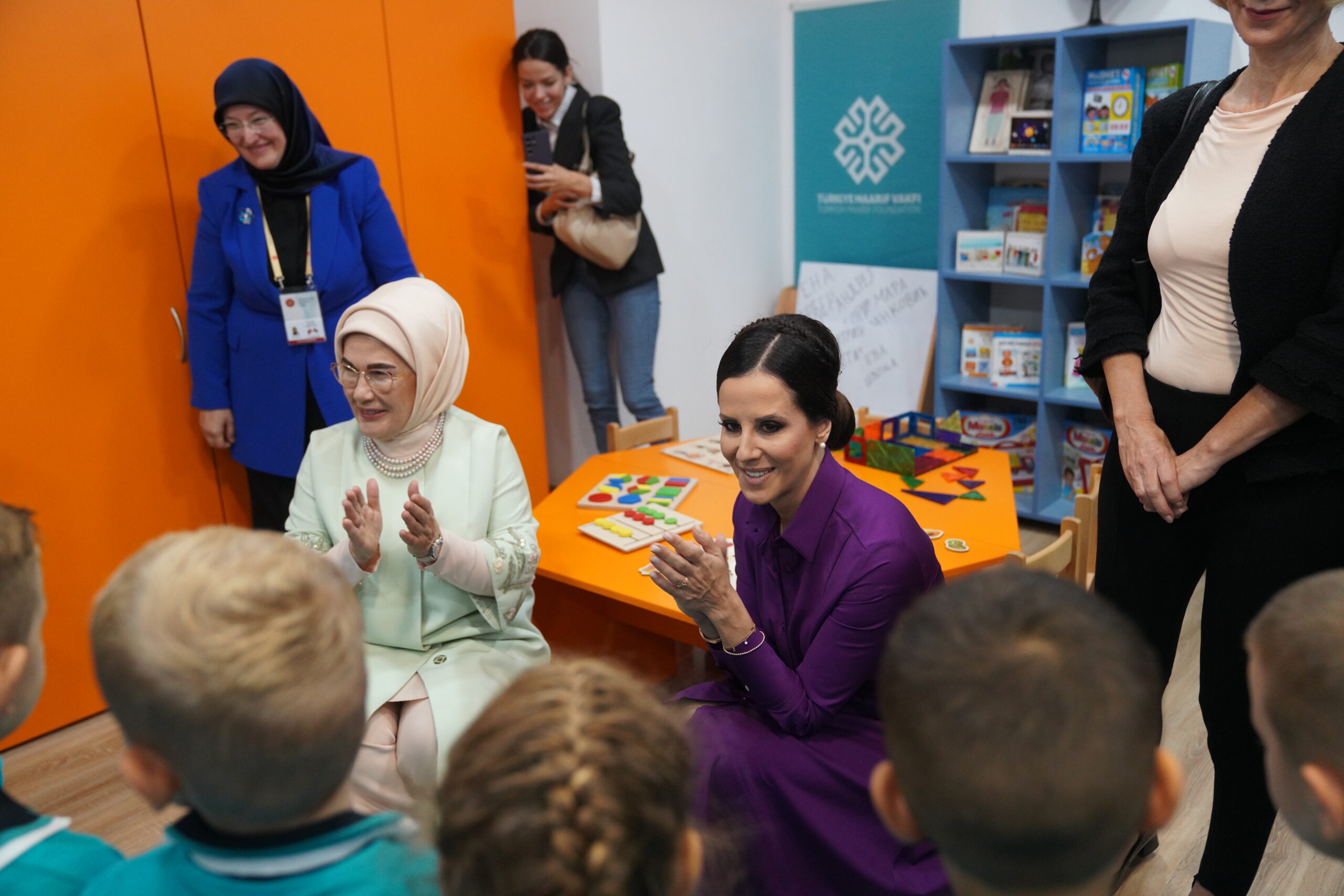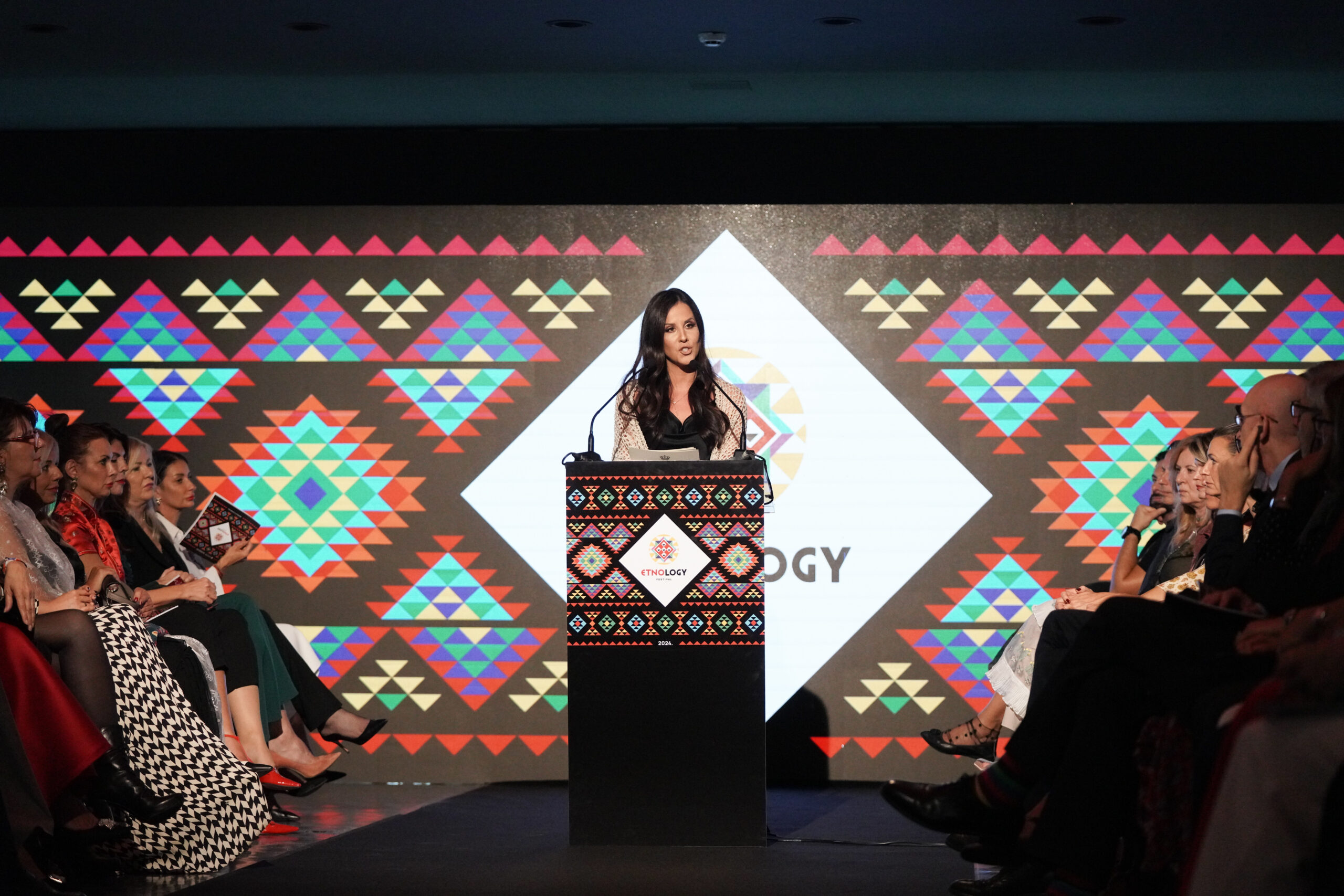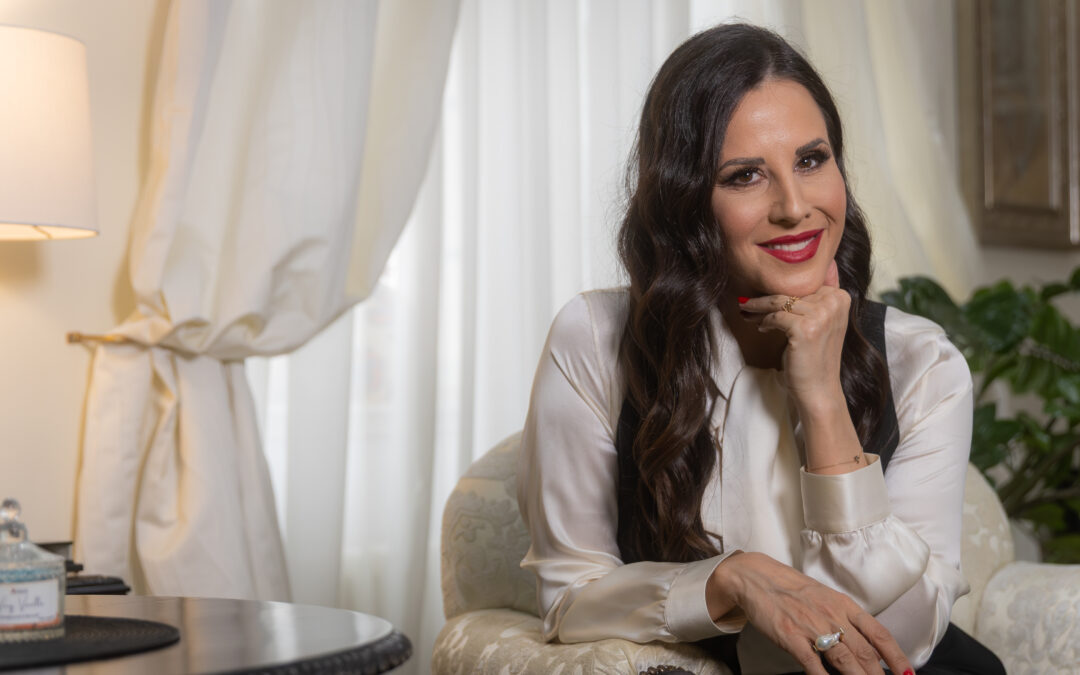OUR BLOG
EXCLUSIVE INTERVIEW: Tamara Vučić, First Lady of Serbia
Without Dialogue between People nad Nations, the World is Just an Empty Box
“The painstakingly built reputation and position of our country in the world gives us an advantage that we should not gamble away, but rather maintain and protect. I believe and hope that we will go back to negotiating, open the path for dialogue and exchange, thus demonstrating the most important human values of tolerance, mutual understanding, and respect”

It is important to continue to broaden our horizons by improving and nurturing our cultural heritage and by learning about the heritage of other nations, says the First Lady of Serbia, Tamara Vučić, emphasizing that every encounter is an opportunity for each of us, regardless of our profession, to positively represent our country. She claims that she does this intuitively, unimposingly, but with dedication, and it is precisely this path that she wishes to continue following in the future.
In conversation with Dipos Magazine, she reveals how Serbian hospitality looks in the realm of diplomacy, what the true significance of soft power in modern diplomacy is, and why Serbian inat is actually synonymous with the strength to persevere. It is this strength, the one that has always been driving the Serbian people forward, that Tamara Vučić wants to exhibit to the world.
As the first lady, you have had numerous meetings with the most important international leaders and first ladies in the past. What are some of Serbia’s fundamental values that you highlight during these conversations?
I always try to find the common denominator among people, countries, and nations. This sense of closeness and belonging to a wider social community creates a relationship based on trust and understanding. Such communication gives us an opportunity and an excellent foundation to share with others that which differentiates our people and our country and makes them special. We have built our identity for a long time, patiently, and painstakingly, through celebrated and difficult moments in history, through our rich cultural heritage, through our readiness to help others and welcome them generously and with open hearts, through development and progress, and through the ability to rise after we fall and show what we call inat, a Serbian term for defiance or spite, which is nothing else than strength and determination not to give up. These are the elements of our identity that I wish to proudly share with everyone I meet.
Last year I attended a conference in Cairo where I talked with some very interesting people. One of them, of course, was Diambi Kabatusuila Tshiyoyo Muata, Queen of the Bankwa Luntu tribe of Central Kasaï, DR Congo. Since the topic of the conference was the empowering and role of women, in my speech I highlighted the role of wise and courageous women from Serbian history. I spoke of Empress Milica, Princess Ljubica, Milunka Savić, Draga Ljočić, to name a few. Everyone in attendance showed a remarkable interest in their life stories and in Serbia, especially Queen Diambi. She was so inspired that she decided to visit Serbia six months later. She saw many landmarks and historical monuments and concluded that our people are resilient and strong and that we never give up. When we were saying goodbye at the end of her visit, she told me that she had never met anyone from Serbia before and that she was thrilled that she would be able to spread the word about our brave and just nation wherever she went.
That is why I always highlight the importance each of us can have in representing and promoting our country, regardless of our profession. This is a big responsibility of every individual, because other people often judge an entire nation based on the behaviour of individuals.

Visits of foreign heads of state to Serbia are exceptionally important events, closely followed and highly publicised. On such occasions, you spend time with the first ladies. Which visit would you single out as particularly successful? Have you become friends with any of the first ladies?
It would be ungrateful, even irresponsible, to single out any visit or first lady. These are all important visits, because every meeting is an opportunity. With some first ladies, or former first ladies, I have stayed in personal contact and it is this continuity that builds friendships over time. On the other hand, there are those with whom I have a wonderful relationship which includes the exchange of official letters, invitations, and conversations. Soft power is an important and underused tool in diplomacy which builds bridges in a subtler and more dignified fashion. It is, of course, powerless before political decisions or pressures and this should be remembered, though it should not be neglected. I believe that its importance is yet to be recognised in the years ahead.
Considering your education and professional background, diplomacy is a natural field of your interest. How would you rate the current global situation and Serbia’s position in the truly strained international relations? Has the word dialogue disappeared from most vocabularies?
Dialogue is the foundation of diplomacy and the basis of democracy. Without dialogue, our world is an empty box in which words and sentences resonate without meaning because there is no one there to hear them. The Chinese have an interesting saying: May you live in interesting times. That is truly the case now. These are times that test our patience, our limits, understanding, education, intelligence, and tolerance. Both domestically and globally. Serbia’s reputation and position, which have been patiently built for years, give us an advantage that we should not gamble away, but rather maintain and protect.
Both collectively and globally we seem to be in a stage of transition from the cacophony of monologue to an illusion of dialogue, which might even be more harmful than a lack of dialogue. Still, I believe and hope that we will return to negotiating, open the path to dialogue and exchange, thus demonstrating the most important human values of tolerance, mutual understanding, and respect.

Last year you had several notable visits to African countries that traditionally have good relations with Serbia. What are your impressions of Africa? Does the idea of friendship among nations still exist? What was the main objective of your diplomatic tour? Are we actually renewing and strengthening relations with our traditional friends?
The close and intensive cooperation with African countries dates back to the Non-Aligned Movement, when Josip Broz Tito, together with Gamal Abdel Nasser, Jawaharlal Nehru, Kwame Nkrumah, and Sukarno, founded that movement. Serbia proudly continues to cherish traditional friendships from that time and maintains good relations with African countries. Africa’s importance has also been recognised by major powers, and I am not referring to the colonial period.
Africa is a wonderful continent and our idea is to renew old contacts, establish new ones, and work on improving exchange and cooperation. So far, students from more than 137 countries participated in the ‘World in Serbia’ Project. All of them speak Serbian now and act as informal ambassadors of our country. This is a significant asset and an excellent opportunity.
The first ladies of Africa are very well connected, active, and visible. I would say that the advantage of soft power in Africa has been well recognised. They do not deal in politics, but are actively engaged in social matters and give their contribution to different fields. We have recognised this opportunity. It is interesting to note that I was the first First Lady from Europe who visited DR Congo. Ever. The First Lady of DR Congo Denise Tshisekedi pointed this out to me. Not long after our visits to Eswatini and Burundi, we had historical return visits from the King of Eswatini and President of Burundi, which was the result of the visit of the Serbian delegation to their countries. I am certain that Africa is the continent of the future.
The complete interview is available in DIPOS Magazine








 2018
2018